How does the male ball valve design enable smooth and effortless on/off operation?
The male ball valve design is a key characteristic...
MORE >>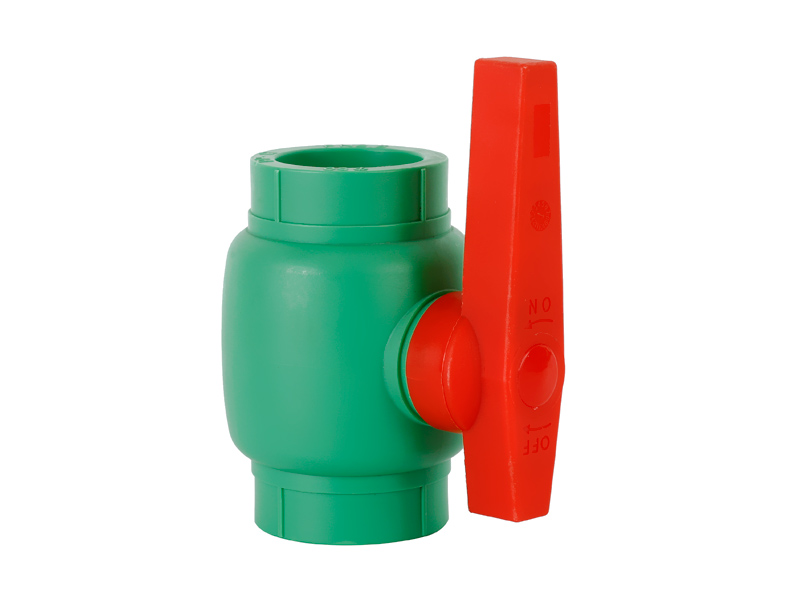
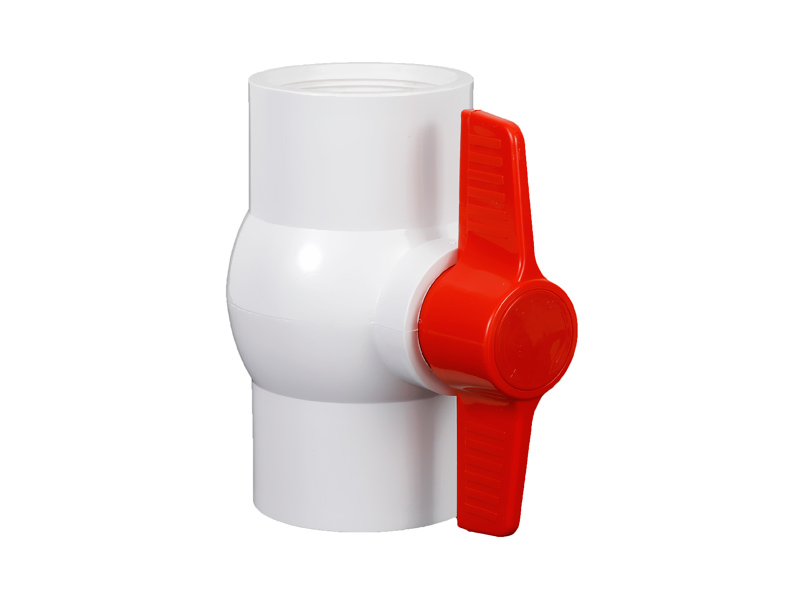
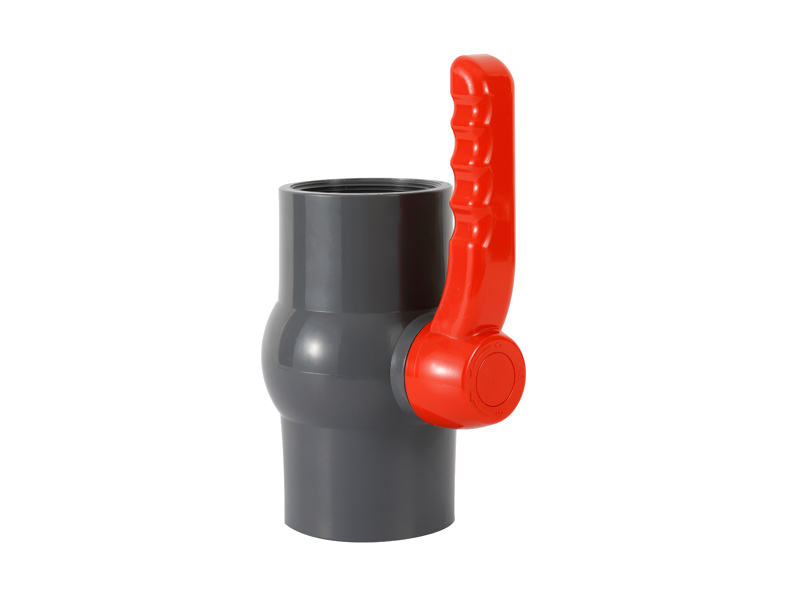
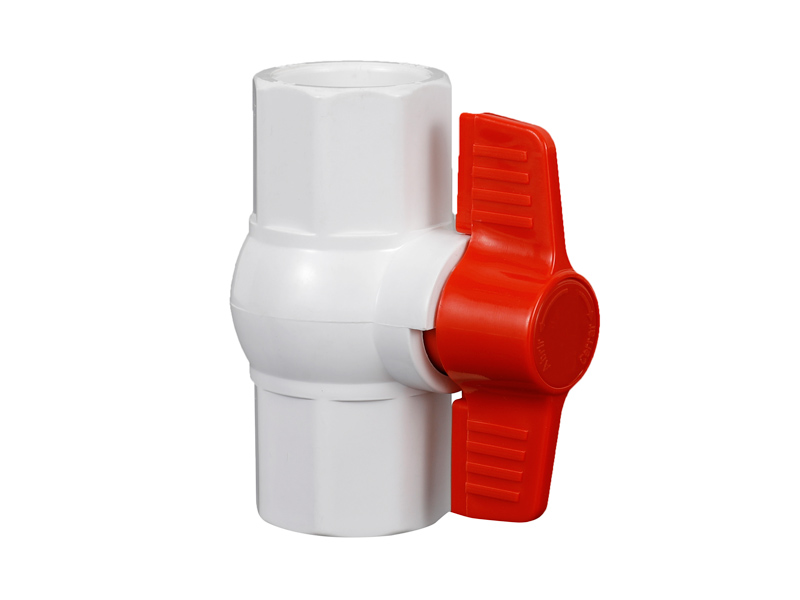
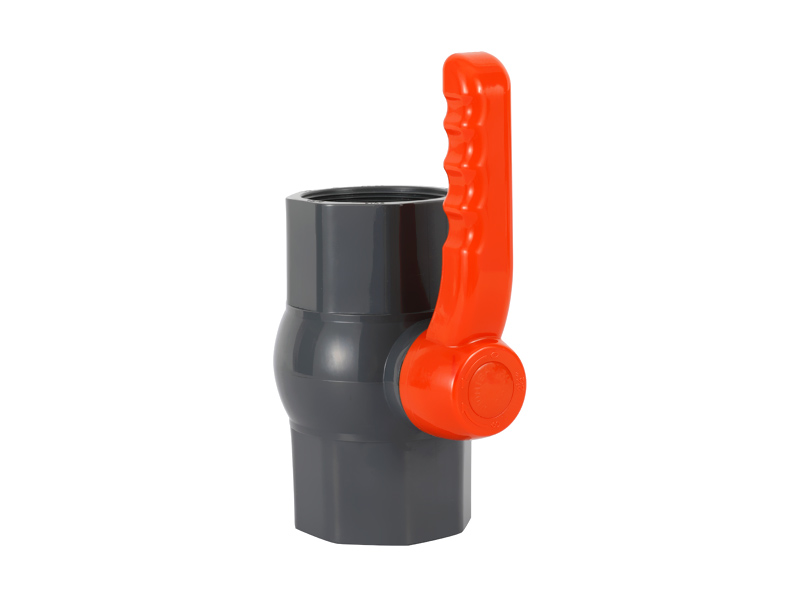
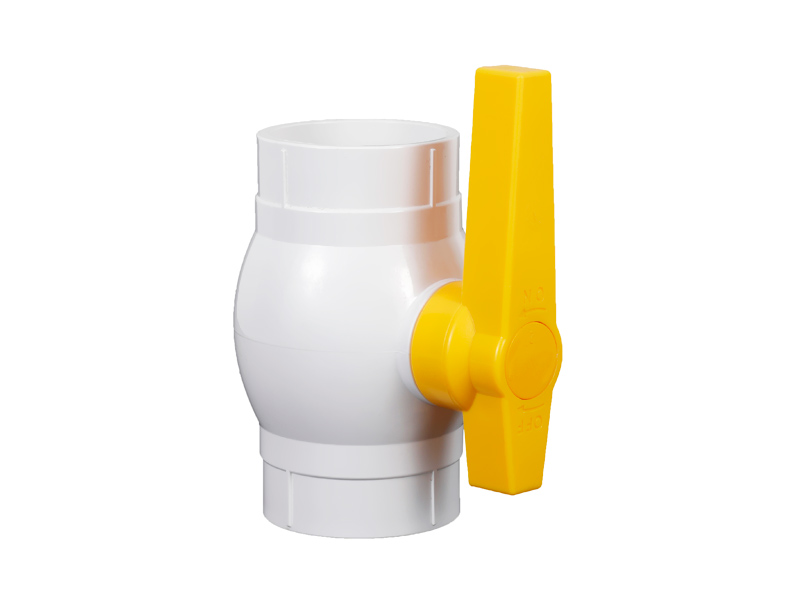
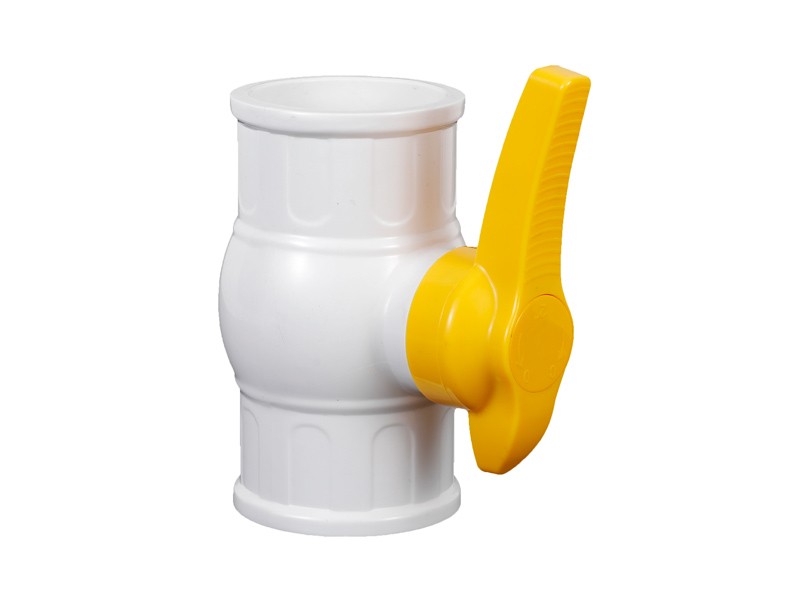
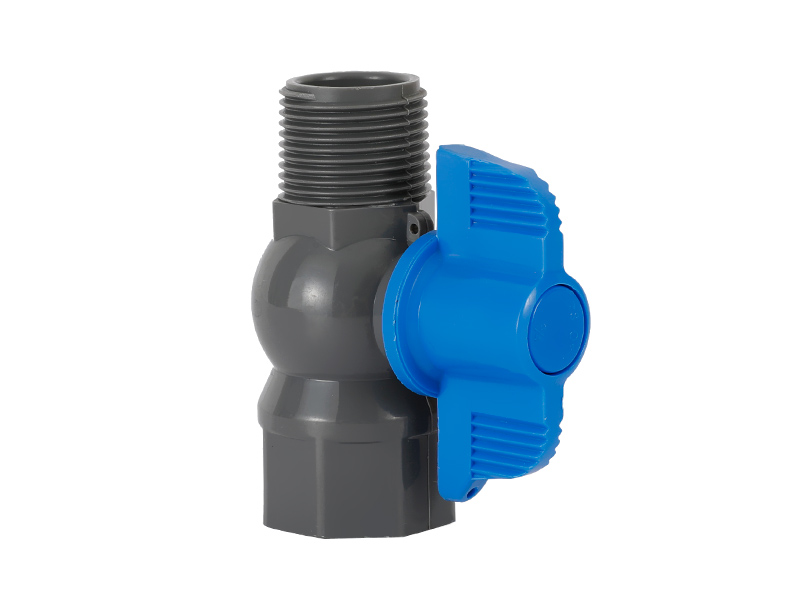
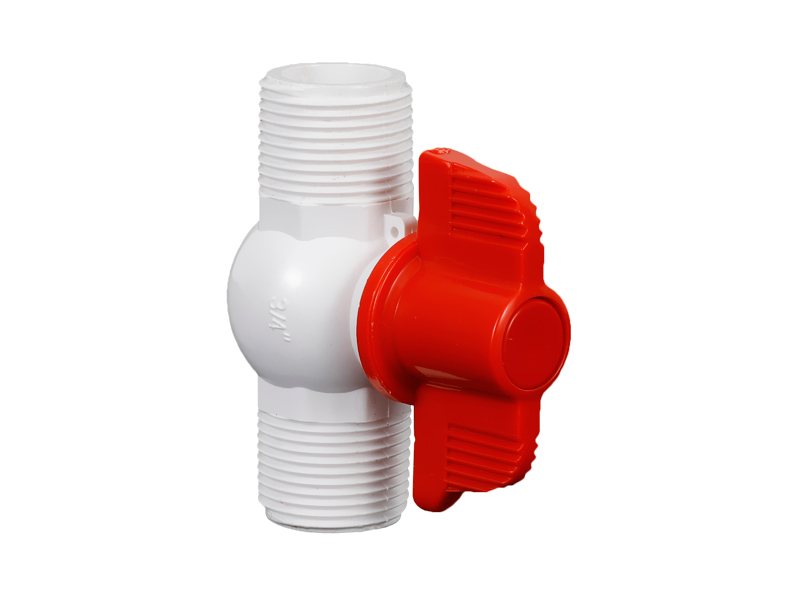

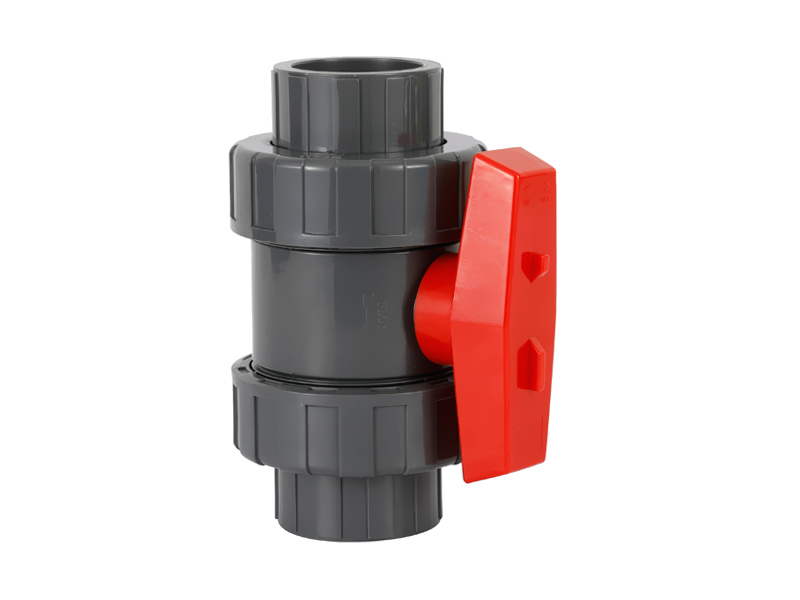

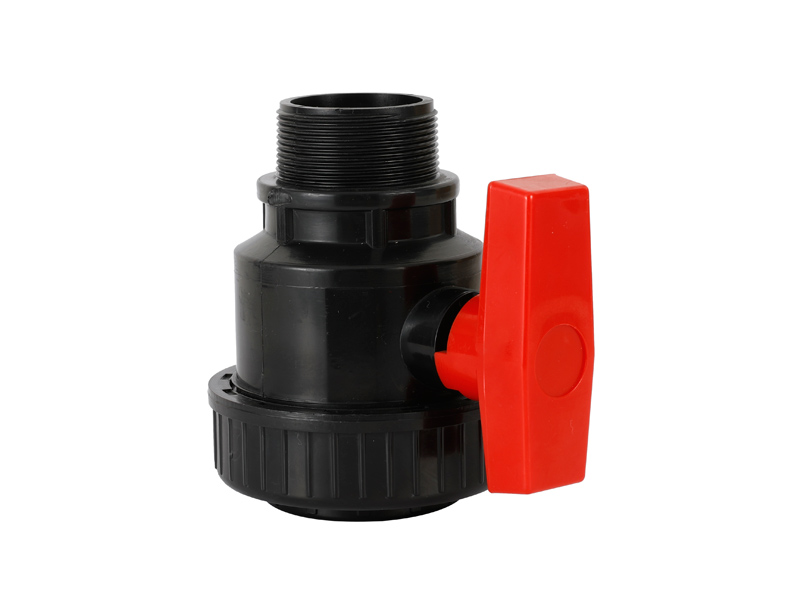
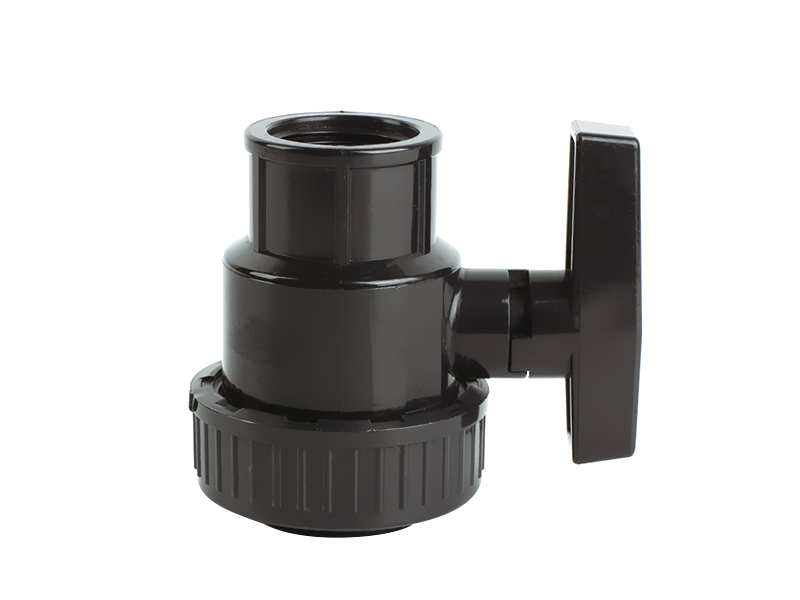
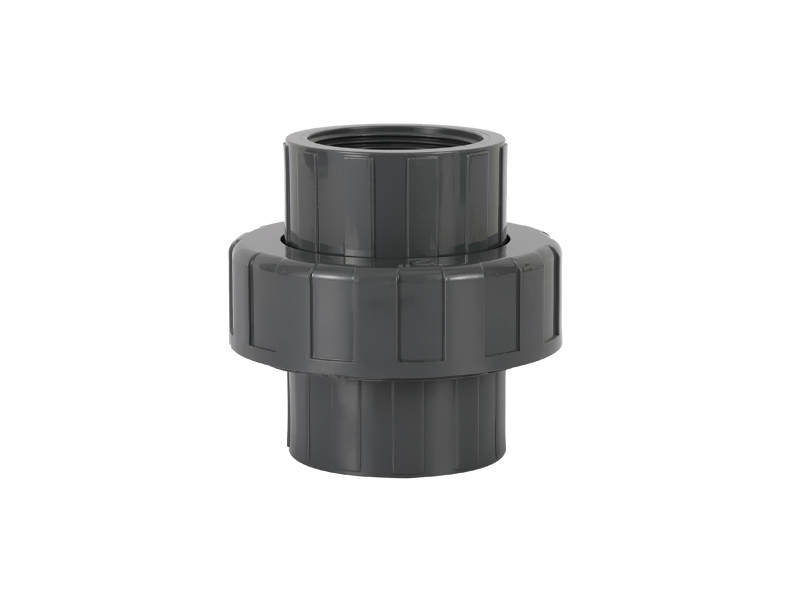
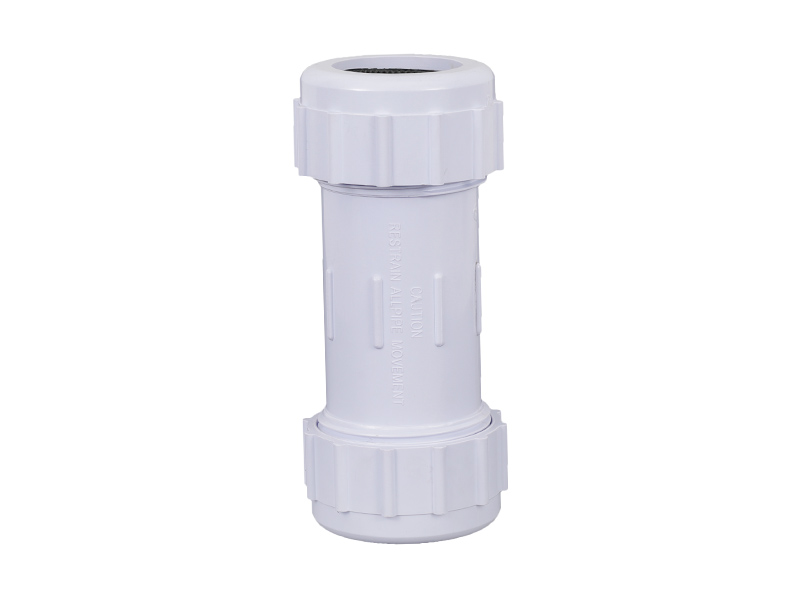
Plastic PVC (Polyvinyl Chloride) pipe flanges are commo […]
Plastic PVC (Polyvinyl Chloride) pipe flanges are commonly used in chemical processing for several reasons, primarily because they offer a combination of properties that make them suitable for this demanding environment:
Chemical Resistance: PVC is highly resistant to a wide range of chemicals, including acids, bases, salts, and many corrosive substances commonly encountered in chemical processing. This resistance ensures that the material does not degrade or corrode when exposed to aggressive chemicals, making it a reliable choice for conveying and handling various chemical substances.
Non-reactive: PVC is non-reactive with most chemicals, meaning it does not readily interact with or contaminate the substances it carries. This property is crucial in maintaining the purity and integrity of the chemicals being processed.
Durability: PVC pipe flanges are durable and can withstand the physical stresses and pressures associated with chemical processing. They are resistant to abrasion and can handle high-pressure applications without deformation or failure.
Smooth Interior Surface: PVC pipes have a smooth interior surface, which reduces the risk of chemical buildup or scaling inside the pipes. This feature helps maintain consistent flow rates and prevents clogs or blockages.
Easy Installation: PVC pipe flanges are relatively lightweight and easy to handle and install. This simplifies the installation process in chemical processing facilities, reducing labor costs and downtime.
Cost-Effective: PVC is an affordable material compared to some alternatives like stainless steel or specialized corrosion-resistant alloys. This cost-effectiveness can be especially advantageous in large-scale chemical processing operations.
Longevity: PVC is known for its long service life, even in harsh chemical environments. This longevity minimizes the need for frequent replacements or maintenance, reducing overall operational costs.
Versatility: PVC pipe flanges come in a variety of sizes and types, making them suitable for various chemical processing applications, from transporting corrosive liquids to handling chemical waste.
Safety: PVC is a self-extinguishing material, meaning it is less prone to ignite and will not contribute to the spread of fires. This fire resistance is an important safety feature in chemical processing facilities.
It's important to note that while PVC is an excellent choice for many chemical processing applications, it may not be suitable for extremely high-temperature applications or for handling certain highly concentrated and reactive chemicals. In such cases, other materials like CPVC (Chlorinated Polyvinyl Chloride) or specialized corrosion-resistant materials may be preferred. Proper material selection is crucial to ensure the safety and efficiency of chemical processing systems.
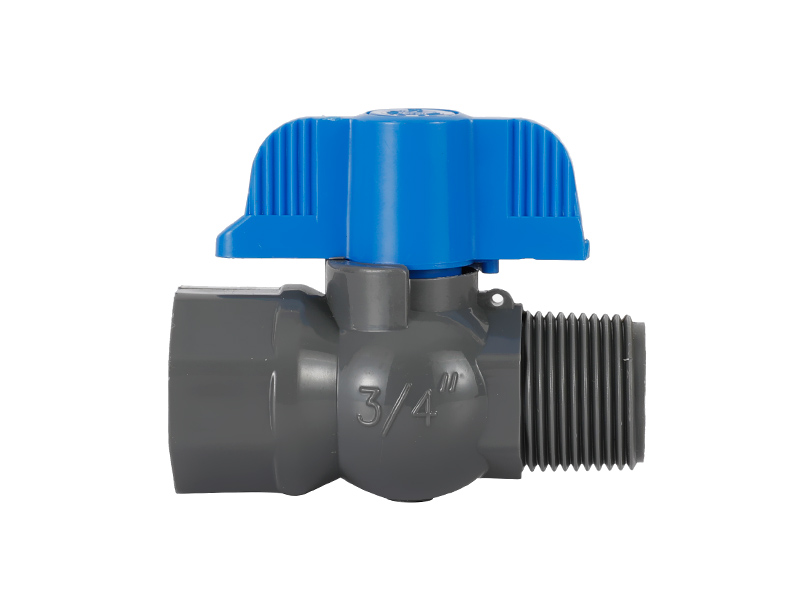
The male ball valve design is a key characteristic...
MORE >>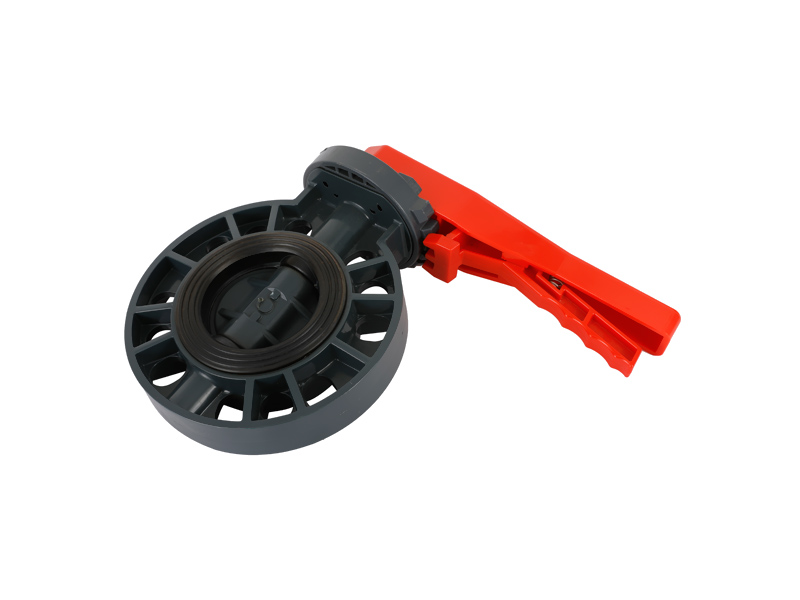
In today's modern world, efficient and reliable wa...
MORE >>
Copyright ©All rights reserved:Zhejiang Xier Plastic Valve Lead Co.,LTD. PVC Ball Valves Manufacturers Technical support: HWAQ  浙公网安备 33060402001174号
浙公网安备 33060402001174号

 English
English España
España عربي
عربي